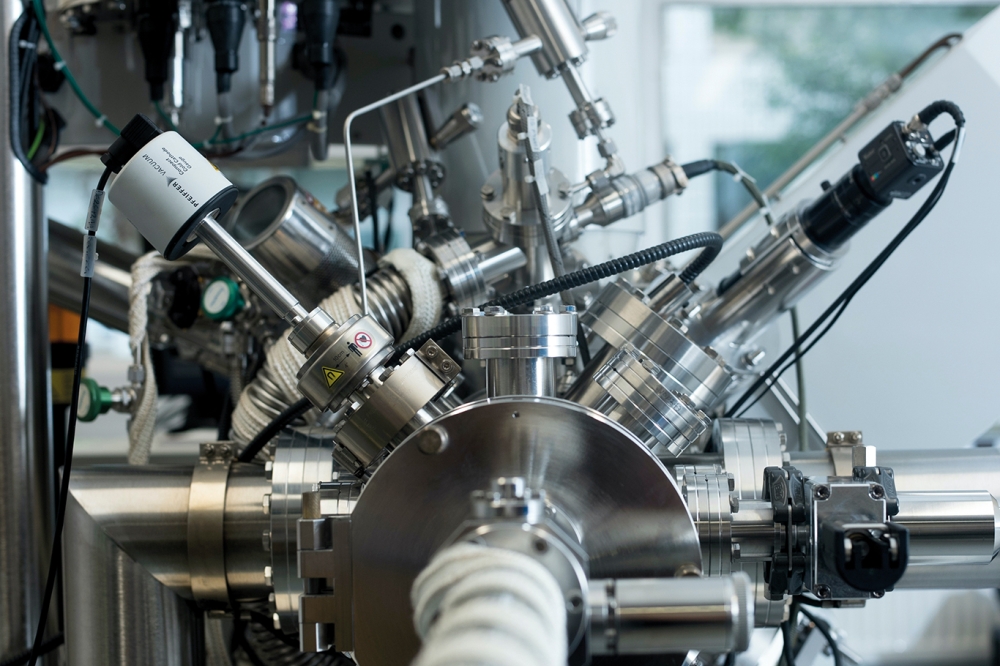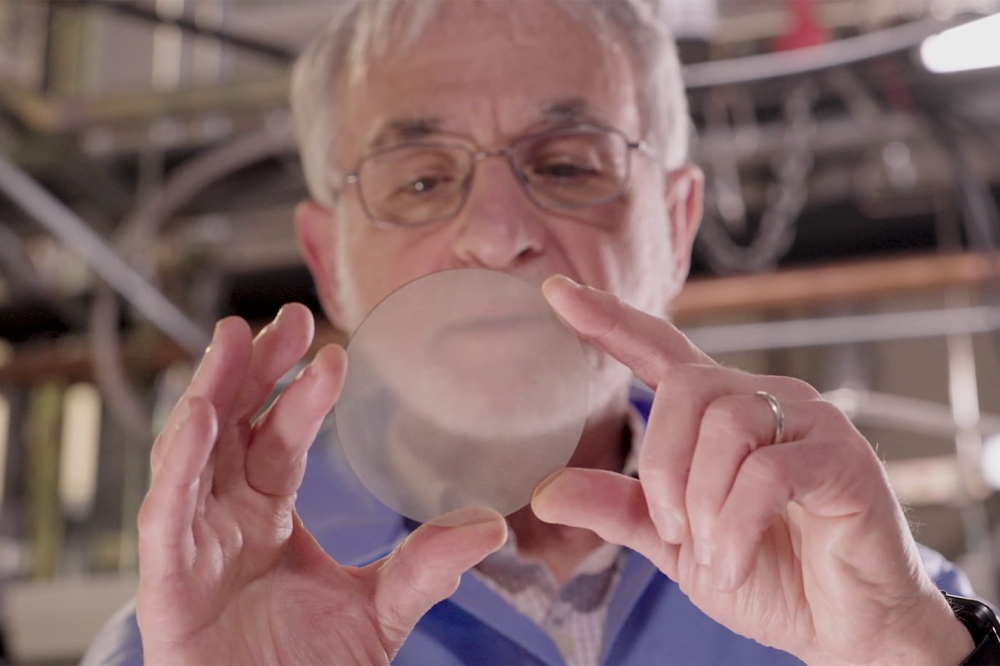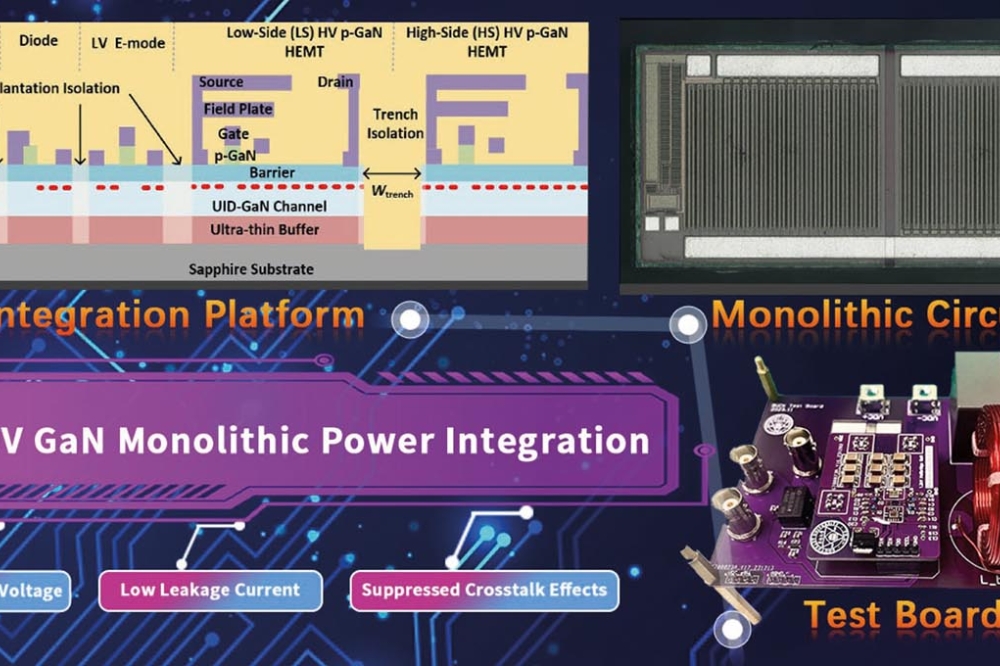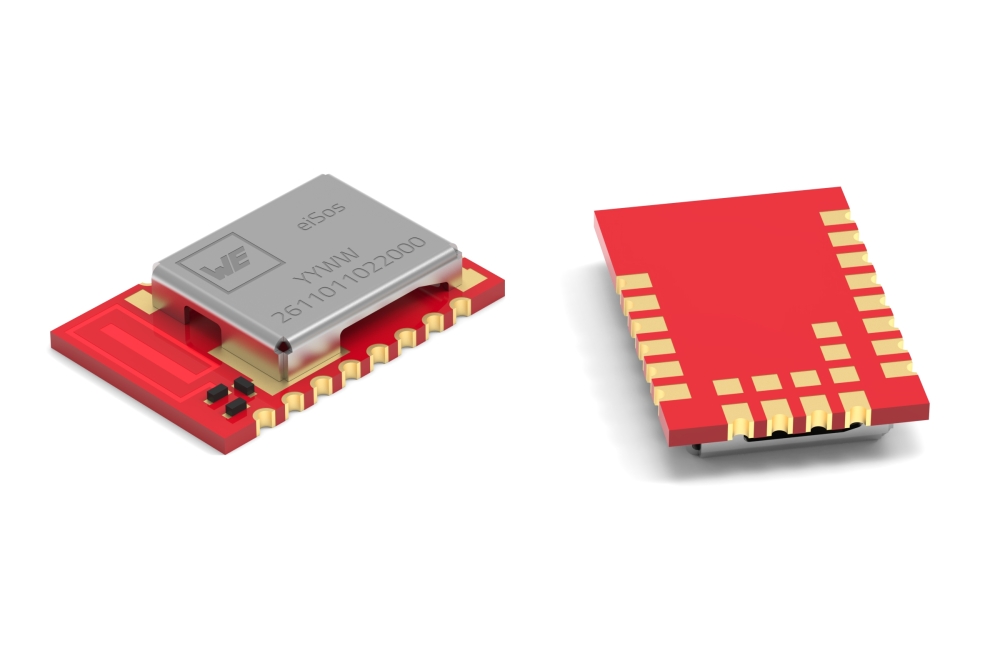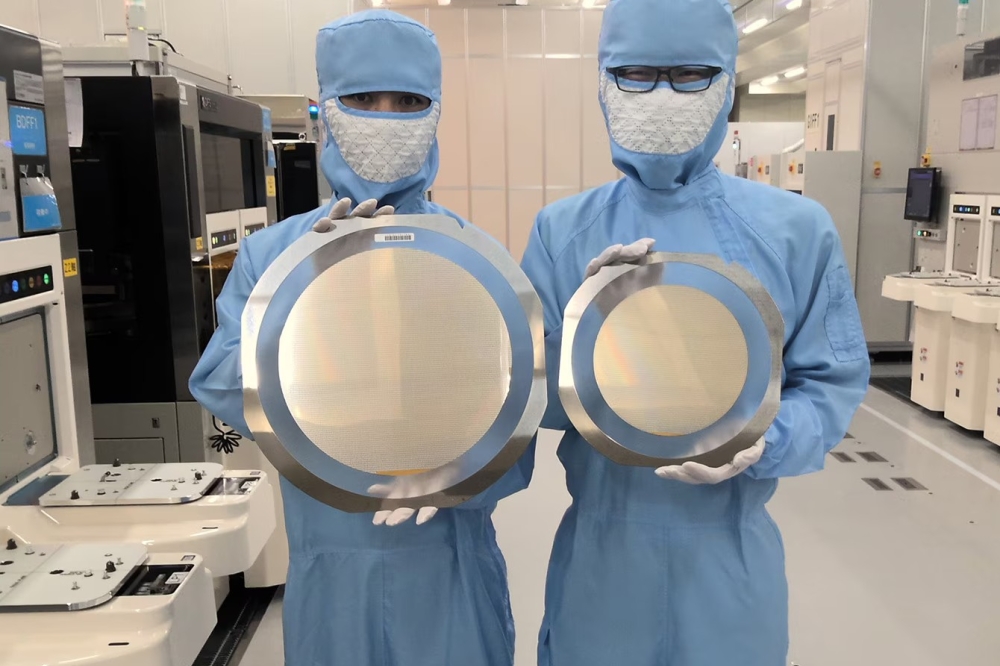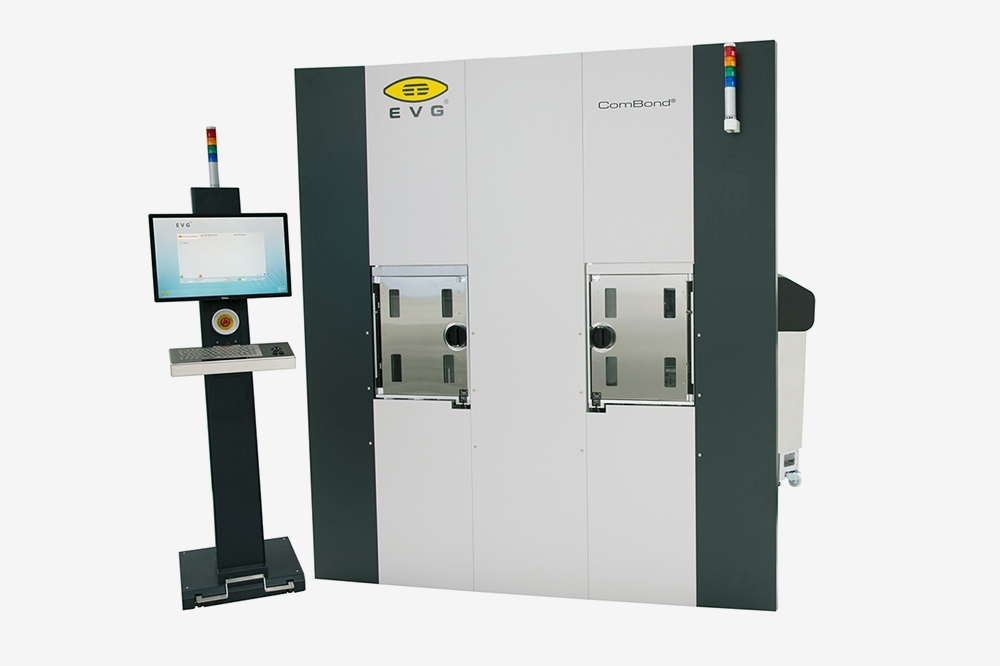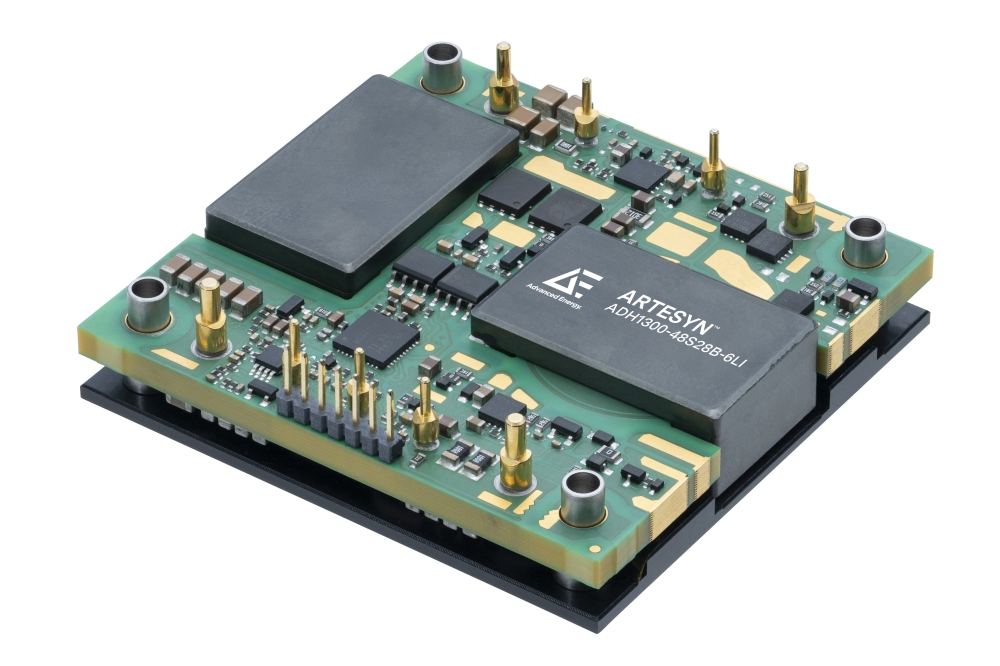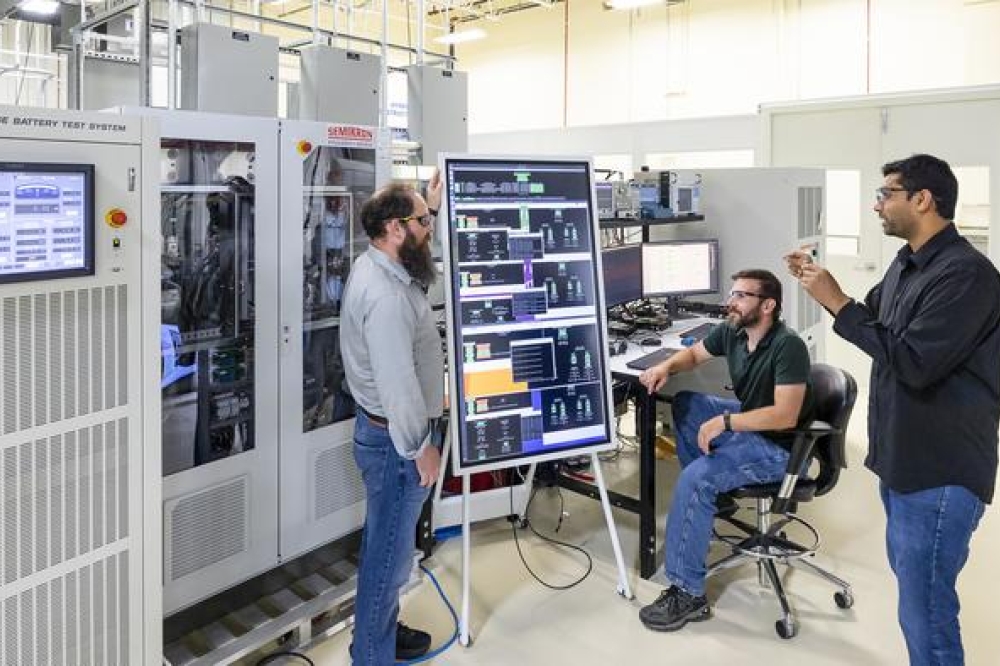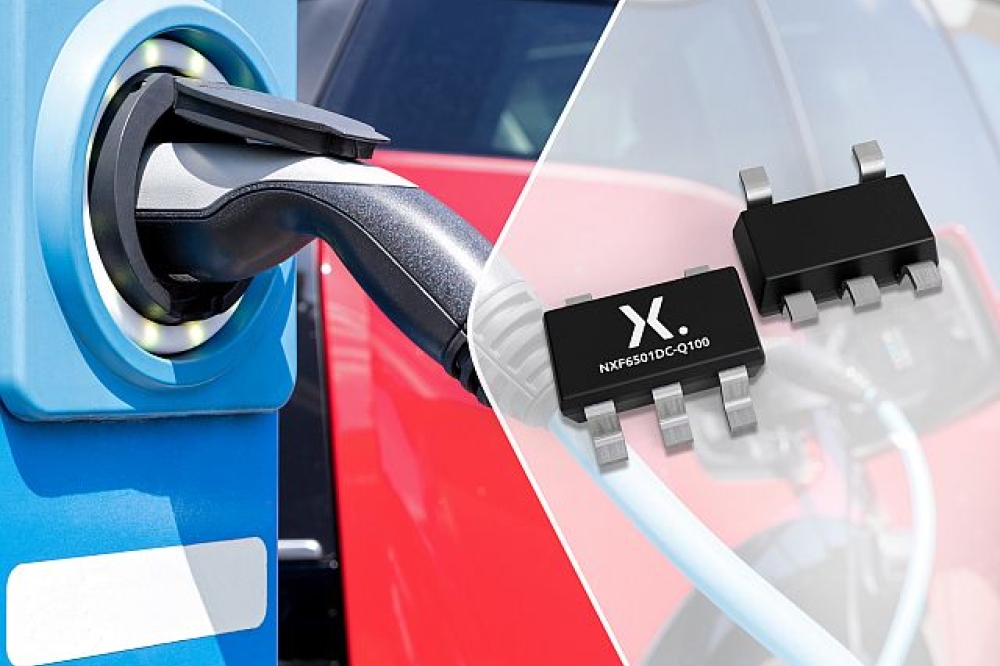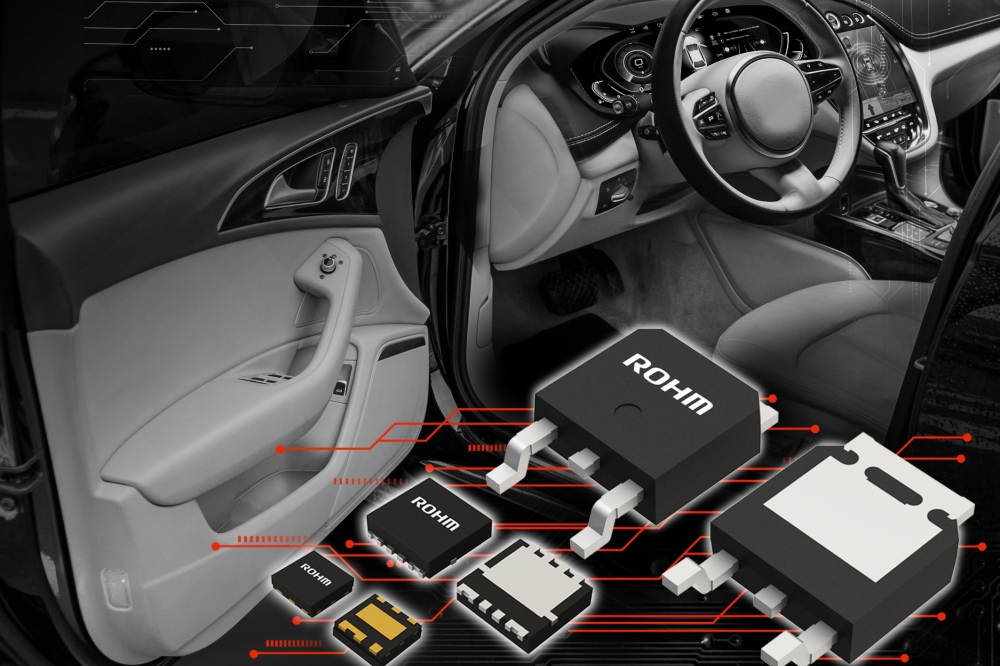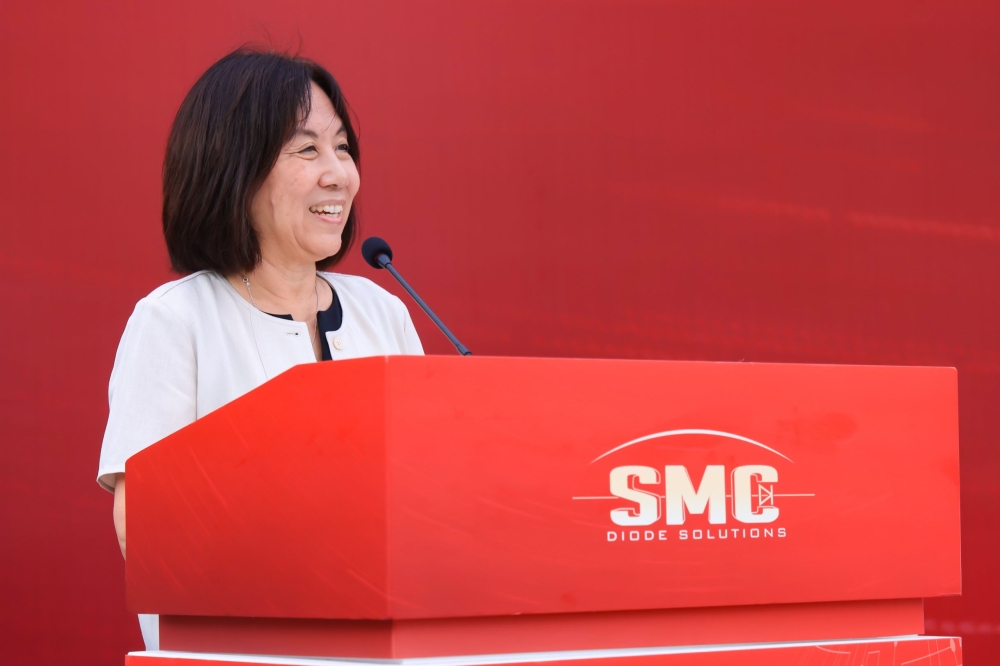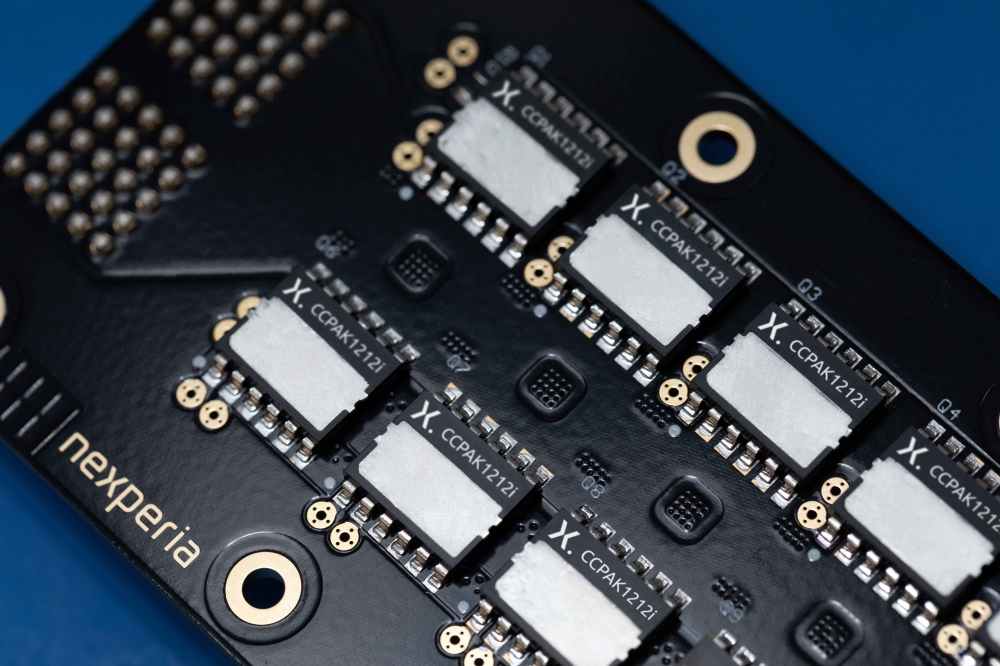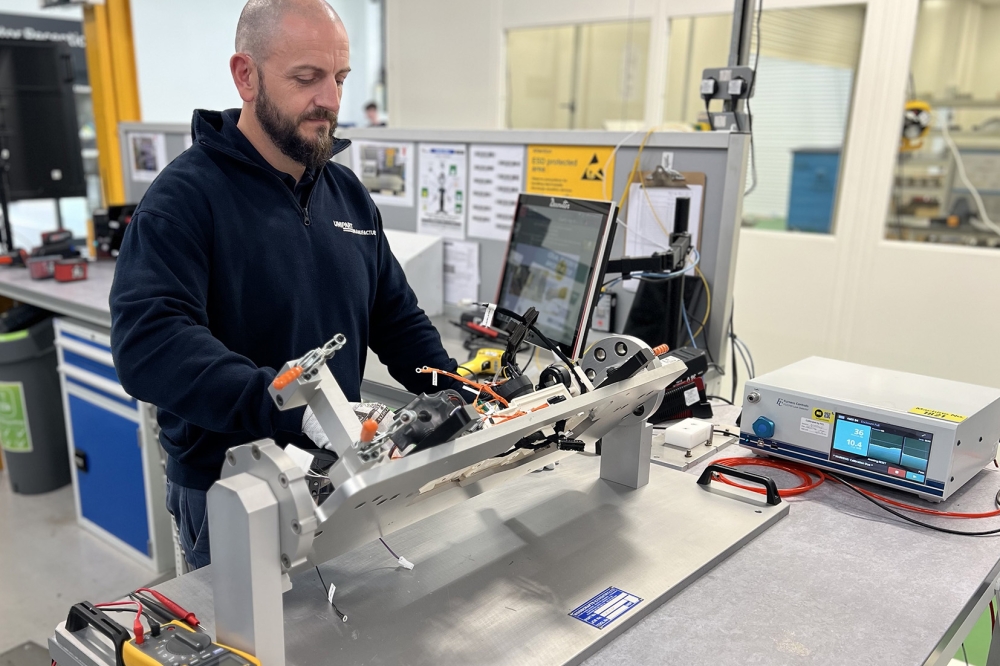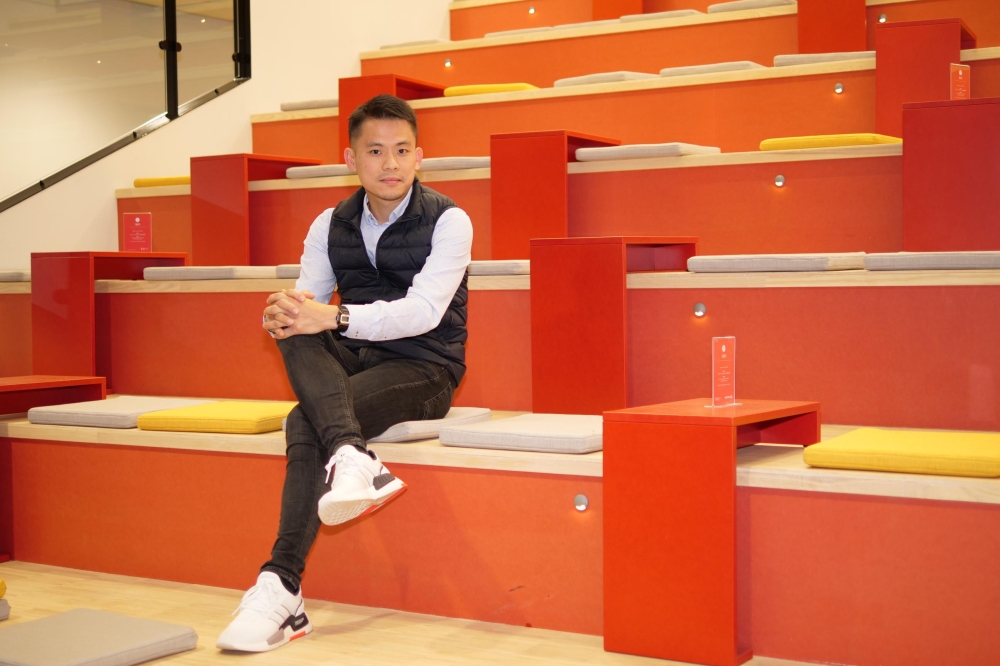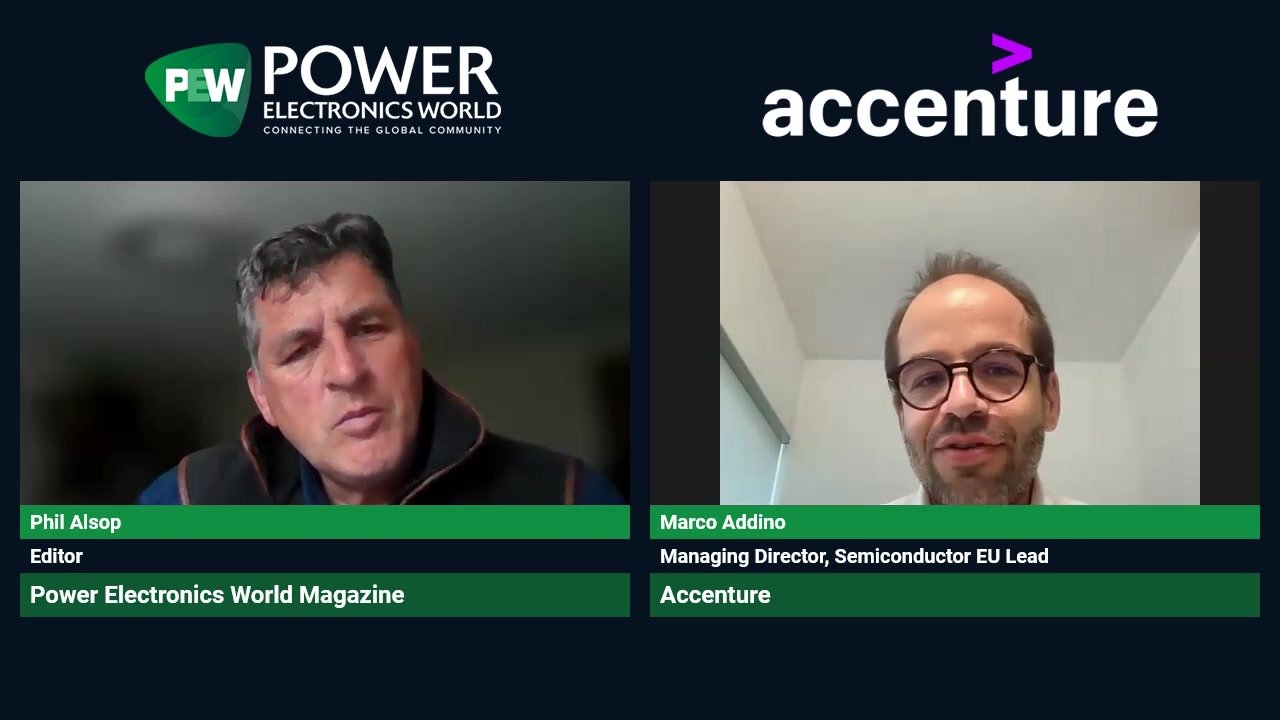UK announces sustainable electronics centre

A new £5.5 million initiative aims to establish Scotland’s Central Belt as a leader in sustainable electronics manufacturing and design.
The University of Glasgow will lead and coordinate the four-year project in collaboration with the University of Edinburgh, Heriot-Watt University, and The Compound Semiconductor Catapult in Scotland.
The Responsible Electronics and Circular Technologies Centre (REACT) is one of five new centres announced across the UK which will share in £25M from UKRI’s Accelerating the Green Economy programme.
It will drive the transition to net-zero electronics, addressing both the environmental and economic challenges faced by the industry, while promoting the adoption of green technologies through collaboration between academia, industry, and policymakers.
The Compound Semiconductor Catapult in Scotland will providi access to cutting-edge equipment and world-class expertise to support start-ups, SMEs, large organisations, and academia in advancing compound semiconductor technology integration.
The electronics industry is primarily driven by technical and economic considerations, often neglecting sustainability principles. This has led to significant challenges, including large amounts of Waste Electrical and Electronic Equipment (WEEE), high emissions across the supply chain, and widespread use of Critical Raw Materials (CRMs) such as gold, palladium, and indium—materials with limited reserves.
In Scotland, the electronics industry is vital to the regional economy, with over 130 companies and 10,300 employees contributing to an annual turnover of more than £2.8bn. However, as more prominent manufacturers and buyers increasingly demand that suppliers commit to decarbonising their products, alongside growing legislative pressure, it is clear that the industry must adapt.
Jeff Kettle from the University of Glasgow, who will lead and coordinate the REACT Hub, said: “The Centre will unite leading researchers to drive the industry’s transition toward a net-zero economy. Its primary focus will be developing solutions to reduce electronic waste, minimise reliance on critical raw materials (CRMs), and reduce carbon footprints.”
The REACT team brings extensive expertise across various areas, including electronic materials, design, manufacturing, and assembly, environmental impact, supply chain management, and business modelling.
Bing Xu of Heriot-Watt University said: “REACT will leverage its partnerships to translate research into practical applications, boosting both the region’s and the UK’s global competitiveness in the sector.”
REACT will collaborate with SMEs in the region to develop demonstrators and market-led solutions and provide skills training.
Jason Love of the University of Edinburgh said: “REACT will bring together industrial partners as well as the supply chain of companies and proactively communicate to the wider public, driving change at a governmental level.”
REACT’s work will offer key benefits, including reductions in e-waste, improved energy efficiency, and cost savings by adopting greener manufacturing processes. Additionally, REACT will play a crucial role in fostering public-private partnerships to drive these innovations, focusing on co-creation, outreach, and advocacy.
Through conferences, workshops, and applied research projects, the centre aims to reshape the electronics industry in Scotland’s Central Belt, transforming it into a sustainability model for the global market.
The University of Glasgow is also playing a key role in the Centre for Net-Zero High Density Buildings, another centre supported by the Accelerating the Green Economy funding. Gioia Falcone of the University’s James Watt School of Engineering will lead the University’s contribution to the centre, which is setting out to investigate how densely-populated urban areas can be made more energy-efficient. The University of Glasgow-led centre has received £4.5m from UKRI, with a further £1.1m in support from industry, education, the public sector and the community.
The programme is part of UKRI’s Building a Green Future strategic theme, which aims to accelerate the green economy by supporting research and innovation that unlocks solutions essential to achieving net zero in the UK by 2050.


